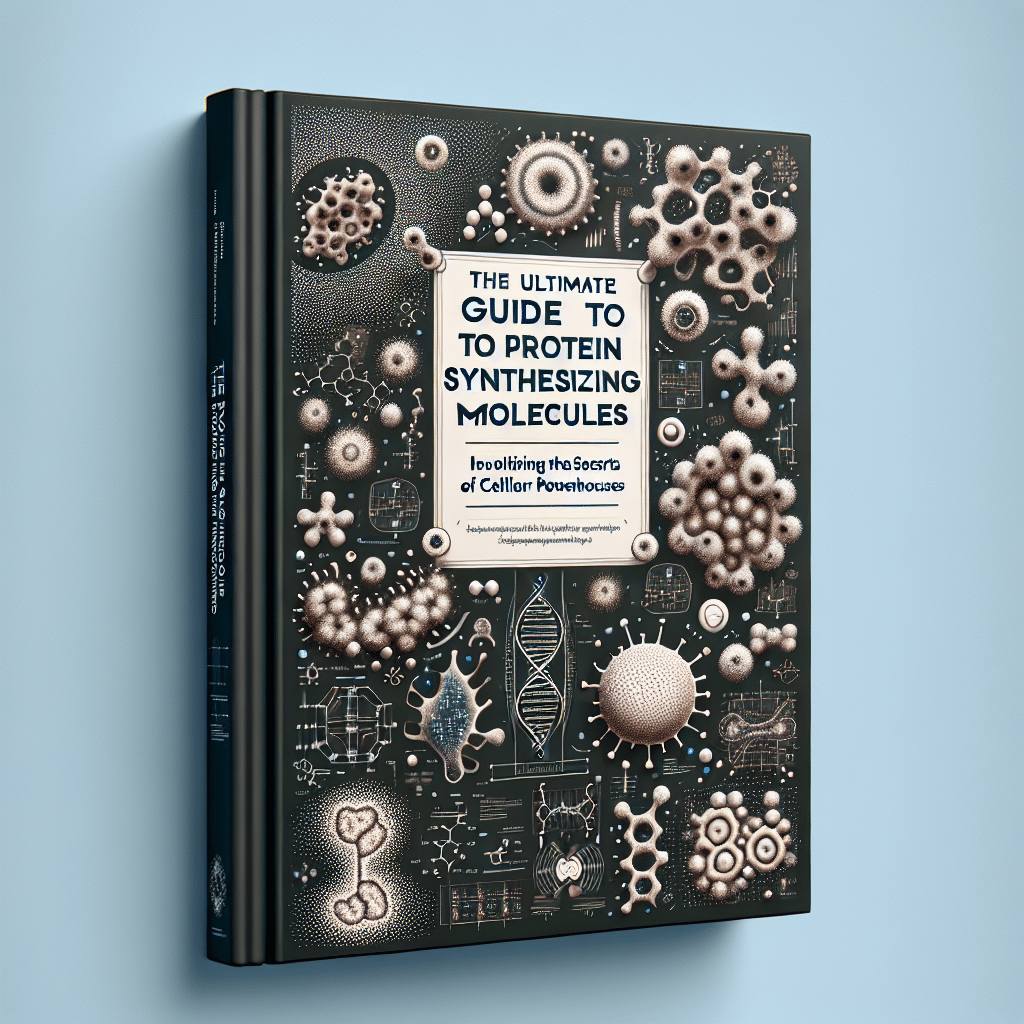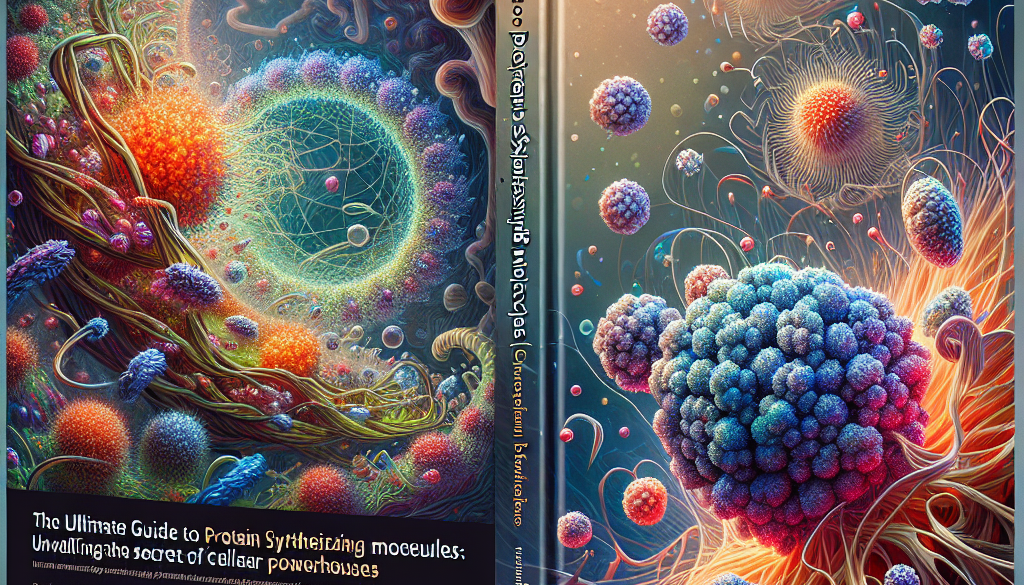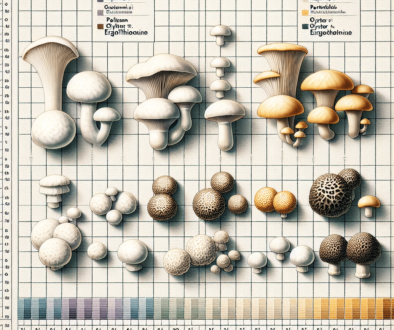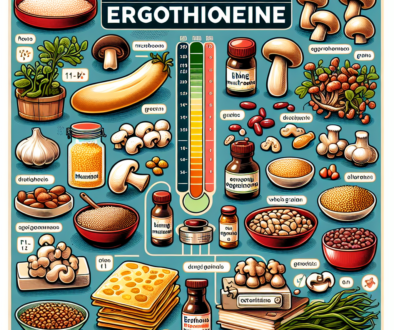Molecules in Protein Synthesis: A Comprehensive Guide

Protein synthesis is a fundamental process in all living organisms, responsible for the production of proteins that play crucial roles in various biological functions. This intricate process involves the coordination of several molecules, each with its own unique function. In this article, we will explore the key molecules involved in protein synthesis and their abbreviations, providing valuable insights into this essential biological process.
1. DNA (Deoxyribonucleic Acid)
DNA, often referred to as the “blueprint of life,” is a double-stranded molecule that carries the genetic information of an organism. It consists of four nucleotide bases: adenine (A), thymine (T), cytosine (C), and guanine (G). The sequence of these bases determines the genetic code, which is responsible for the synthesis of proteins.
During protein synthesis, a specific segment of DNA, known as a gene, is transcribed into a single-stranded molecule called RNA.
2. RNA (Ribonucleic Acid)
RNA is a single-stranded molecule that plays a crucial role in protein synthesis. There are three main types of RNA involved in this process:
a. mRNA (Messenger RNA)
mRNA carries the genetic information from DNA to the ribosomes, where protein synthesis occurs. It is transcribed from a specific gene and contains a complementary copy of the DNA sequence. The mRNA molecule serves as a template for the synthesis of proteins.
b. tRNA (Transfer RNA)
tRNA molecules are responsible for carrying amino acids to the ribosomes during protein synthesis. Each tRNA molecule has a specific anticodon sequence that matches with the codon sequence on the mRNA. This ensures that the correct amino acid is added to the growing protein chain.
c. rRNA (Ribosomal RNA)
rRNA is a structural component of ribosomes, which are the cellular machinery responsible for protein synthesis. Ribosomes consist of a large and small subunit, each containing rRNA molecules. These molecules help in the assembly of amino acids into a polypeptide chain, forming a protein.
3. Amino Acids
Amino acids are the building blocks of proteins. There are 20 different amino acids that can be combined in various sequences to form a wide range of proteins. Each amino acid has a specific side chain, or R-group, which determines its unique properties.
During protein synthesis, amino acids are brought to the ribosomes by tRNA molecules. The sequence of amino acids in a protein is determined by the sequence of codons on the mRNA molecule.
4. Ribosomes
Ribosomes are complex structures composed of rRNA and proteins. They are responsible for the synthesis of proteins by catalyzing the formation of peptide bonds between amino acids. Ribosomes consist of a large and small subunit, each playing a specific role in protein synthesis.
The small subunit binds to the mRNA molecule, while the large subunit catalyzes the formation of peptide bonds between amino acids. The ribosomes move along the mRNA molecule, reading the codons and adding the corresponding amino acids to the growing protein chain.
5. ATP (Adenosine Triphosphate)
ATP is a molecule that serves as the primary energy source in cells. During protein synthesis, ATP is required for various processes, including the activation of amino acids and the movement of ribosomes along the mRNA molecule.
ATP is hydrolyzed to ADP (adenosine diphosphate) and inorganic phosphate (Pi), releasing energy that is used to drive these cellular processes.
Conclusion
Protein synthesis is a complex process that involves the coordination of several molecules. DNA provides the genetic information, which is transcribed into mRNA. tRNA molecules bring amino acids to the ribosomes, where rRNA catalyzes the formation of peptide bonds. ATP provides the energy required for these processes.
Understanding the molecules involved in protein synthesis is crucial for unraveling the mysteries of life and developing new treatments for various diseases. By studying these molecules and their interactions, scientists can gain valuable insights into the functioning of cells and organisms.
About ETprotein:
ETprotein, a reputable
pea protein and
rice protein Chinese factory manufacturer and supplier, is renowned for producing, stocking, exporting, and delivering the highest quality organic bulk vegan protein and plant proteins. They include Organic
rice protein,
clear rice protein,
pea protein,
clear pea protein,
pumpkin seed protein,
sunflower seed protein,
mung bean protein, etc. Our offerings, characterized by a neutral taste, non-GMO, allergen-free attributes, cater to a diverse range of industries. We serve nutraceutical, pharmaceutical, cosmeceutical, veterinary, as well as food and beverage finished product distributors, traders, and manufacturers across Europe, USA, Canada, Australia, Thailand, Japan, Korea, Brazil, and Chile, among others.
Our specialization includes exporting and delivering tailor-made protein powder and finished nutritional supplements. Our extensive product range covers sectors like Food and Beverage, Sports Nutrition, Weight Management, Dietary Supplements, Health and Wellness Products, and Infant Formula, ensuring comprehensive solutions to meet all your protein needs.
As a trusted company by leading global food and beverage brands and Fortune 500 companies, ETprotein reinforces China’s reputation in the global arena. For more information or to sample our products, please
contact us and email sales(at)ETprotein.com today.
 Protein synthesis is a fundamental process in all living organisms, responsible for the production of proteins that play crucial roles in various biological functions. This intricate process involves the coordination of several molecules, each with its own unique function. In this article, we will explore the key molecules involved in protein synthesis and their abbreviations, providing valuable insights into this essential biological process.
Protein synthesis is a fundamental process in all living organisms, responsible for the production of proteins that play crucial roles in various biological functions. This intricate process involves the coordination of several molecules, each with its own unique function. In this article, we will explore the key molecules involved in protein synthesis and their abbreviations, providing valuable insights into this essential biological process.












